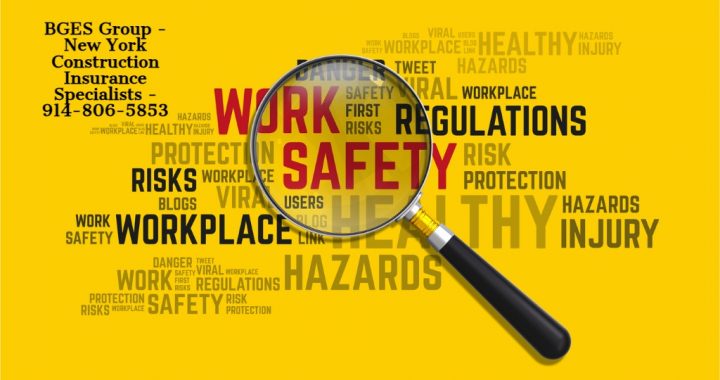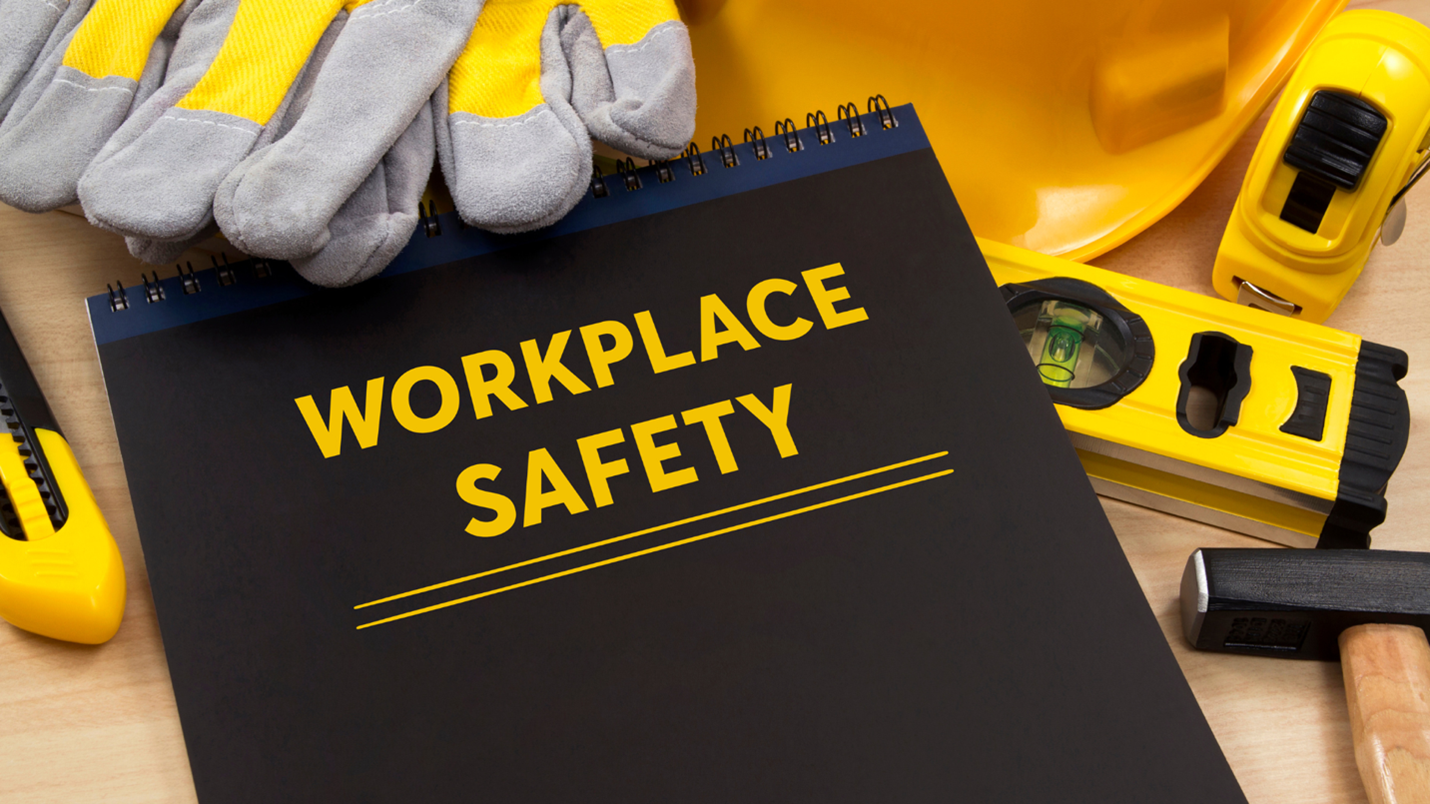Qatar has introduced stronger laws to protect workers by increasing penalties for companies that break workplace safety rules. The changes are part of a bigger effort by the government to make sure all employees, especially those in risky jobs like construction, are safe while doing their work.
This new step shows that Qatar is serious about stopping workplace injuries and deaths, and making employers more responsible for the safety of their workers.
Bigger Fines and Jail Time for Breaking the Rules
Under the new changes, companies that do not follow safety laws could face much harsher punishments. These include:
- Fines of up to QAR 200,000 (around $55,000)
- Jail time of up to six months for company owners or managers
- Temporary or permanent closure of the company in serious cases
Before this, the fines were much smaller and not enough to make companies take safety seriously. Now, the increased penalties are meant to scare companies into taking better care of their workers.
These changes were made through an update to Qatar’s Labour Law, which was recently passed by the Council of Ministers.
Why This Change Matters Now
Qatar has made major improvements to worker rights in the last few years, especially after being in the global spotlight during the 2022 FIFA World Cup. Many international human rights groups had raised concerns about poor living and working conditions for migrant workers in Qatar.

The government took steps to fix these problems by improving the minimum wage, changing the sponsorship (kafala) system, and making it easier for workers to change jobs. Now, this latest move shows Qatar is continuing on the path of labor reform and pushing for better enforcement of safety standards.
A government spokesperson said, “The health and safety of every worker in Qatar is a top priority. Employers must follow the rules or face serious consequences.”
Who Will Be Affected?
The new rules apply to all companies, but especially those in sectors like:
- Construction
- Manufacturing
- Oil and gas
- Cleaning and maintenance
- Hospitality and catering
These industries usually have higher risks of workplace injuries. Many of the workers in these fields are migrants who come from countries like India, Nepal, Bangladesh, and the Philippines. Ensuring their safety is seen as not just a legal matter, but a human rights issue.
Employers in these fields are now being told to re-check all their safety measures, training programs, and emergency systems to make sure they meet the required standards.
What Employers Need to Do Now
To avoid fines and legal trouble, companies must take immediate steps, such as:
- Conducting full safety audits
- Providing proper training and safety gear to all workers
- Making sure supervisors are trained in emergency procedures
- Reporting any injuries or accidents immediately
- Fixing dangerous areas or equipment right away
The Ministry of Labour will be increasing surprise inspections to catch companies that try to cut corners. They will also create a list of repeat violators who may face even bigger penalties in the future.
Support for Workers to Speak Up
Along with punishing companies, the government is also working to help workers speak up if they feel unsafe. A new hotline and mobile app are being introduced where workers can report unsafe conditions anonymously. These reports will go directly to the Ministry of Labour for investigation.
Workers will also be protected from retaliation if they report unsafe practices. This means employers cannot punish or fire someone just for complaining about safety issues.
“We want workers to feel confident that their concerns will be heard and acted upon,” said a Ministry of Labour official.
International Reactions
The changes have been welcomed by international organizations, including the International Labour Organization (ILO), which has been working closely with Qatar on labor reforms since 2018.
An ILO spokesperson said, “Stronger enforcement and increased penalties are key to improving occupational health and safety. These new rules are a step in the right direction.”
Some human rights groups are also watching closely to see how well these new laws are implemented and whether they will lead to real improvements on the ground.

What Happens If Companies Don’t Listen?
If a company continues to ignore safety laws, it could face:
- Fines and jail time
- Losing government contracts
- Being banned from operating in Qatar
- Negative media attention and damage to their reputation
In one recent case, a construction firm was fined QAR 150,000 after a worker fell from scaffolding due to poor safety measures. The case is being seen as a warning to other companies.
Experts say that enforcement will be the key. Making laws is the first step, but following through with inspections, fines, and court cases will make the biggest difference.
A Long-Term Shift Toward Safer Workplaces
The new rules are not just about punishment—they are also part of a bigger plan to make Qatar’s labor market stronger and fairer. The country wants to attract more skilled workers, investors, and companies from around the world. A safer workplace environment is essential to that goal.
Qatar’s Vision 2030, a national plan for development, includes goals for improving working conditions, promoting human rights, and building a competitive and diverse economy. These workplace safety updates support those goals.
By making worker safety a top priority, Qatar is sending a message to the world: it wants to be seen as a responsible and modern country where laws are followed and people are protected.
Final Thoughts
The increased penalties for workplace safety violations in Qatar are a serious wake-up call for businesses. The message is clear—cutting costs at the expense of safety is no longer acceptable.
As the government tightens its grip on workplace safety, employers must act fast to meet the new standards. And for workers, these changes bring new hope that their lives and wellbeing will be better protected in the future.
Also read: Kuwait Debates New Cybercrime Regulations in Parliament to Address Online Threats


